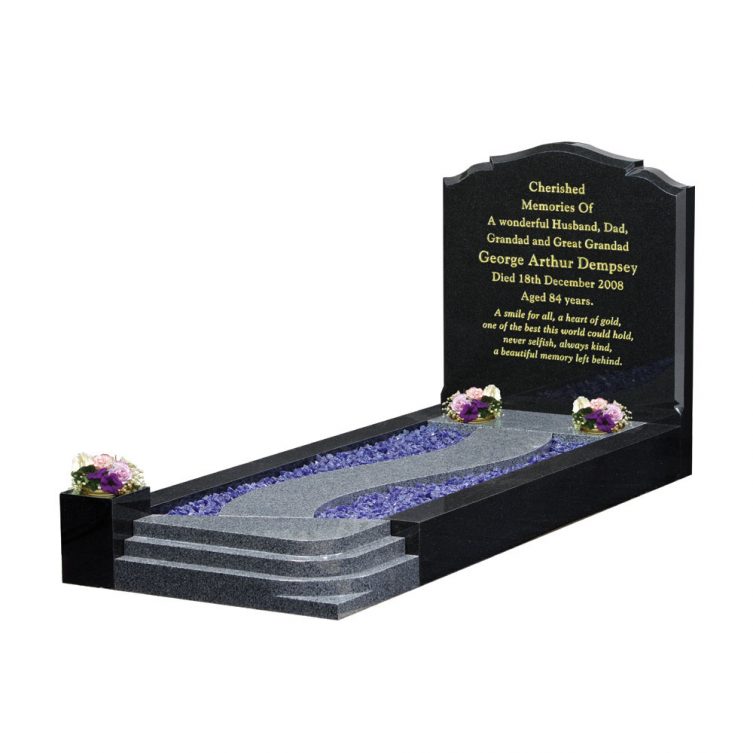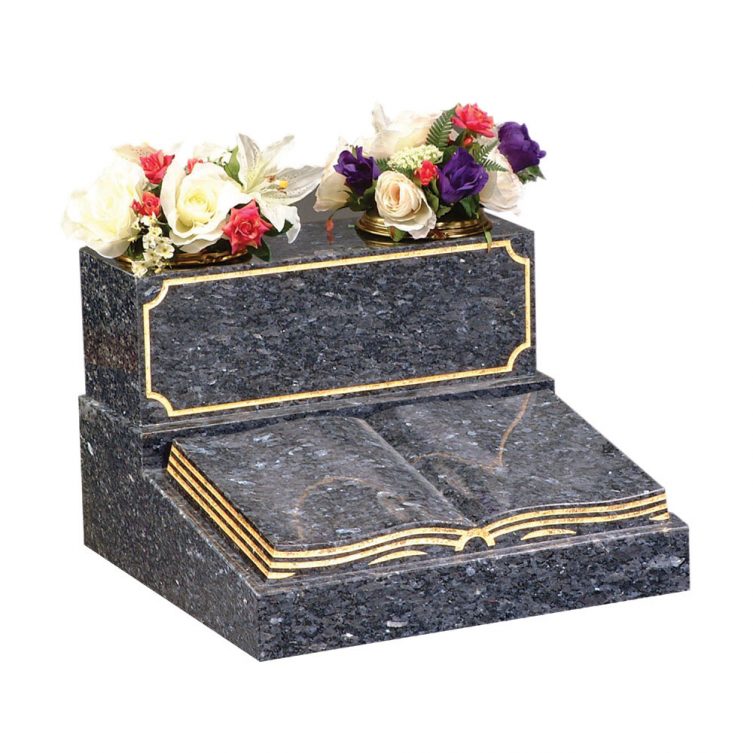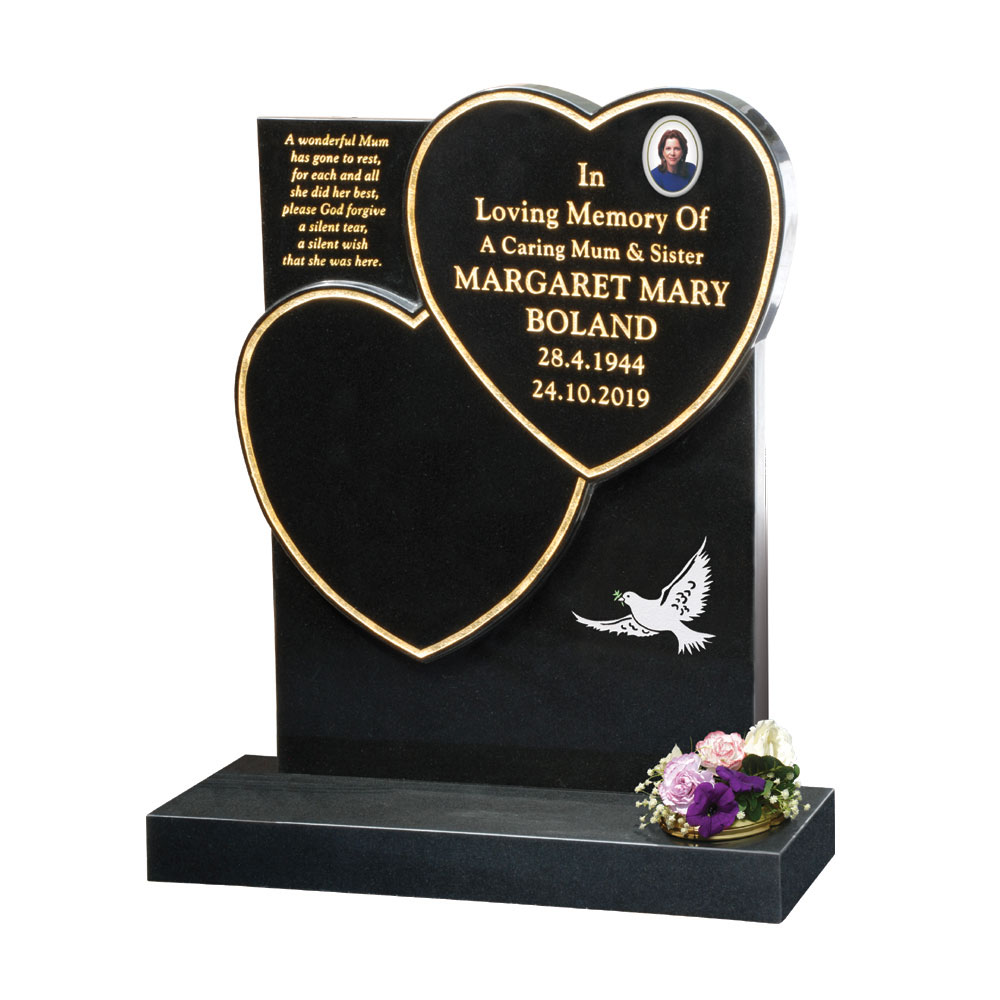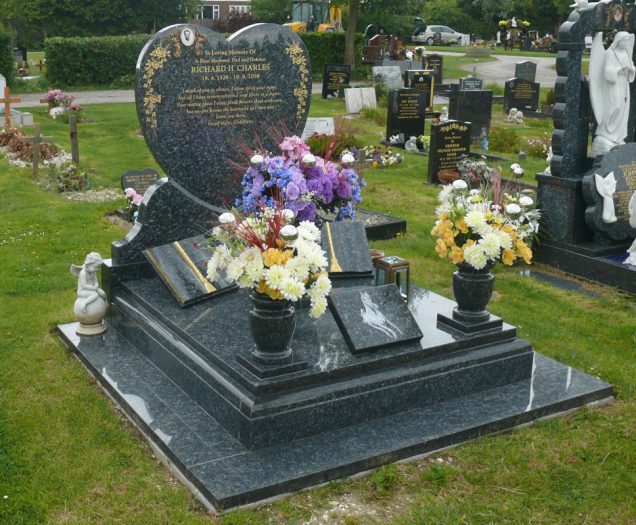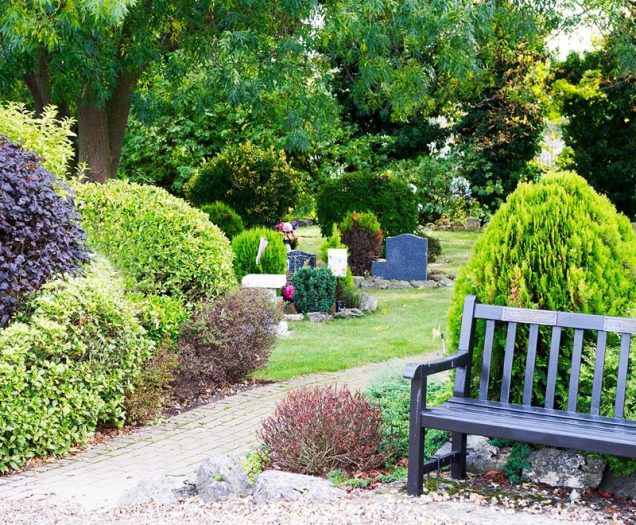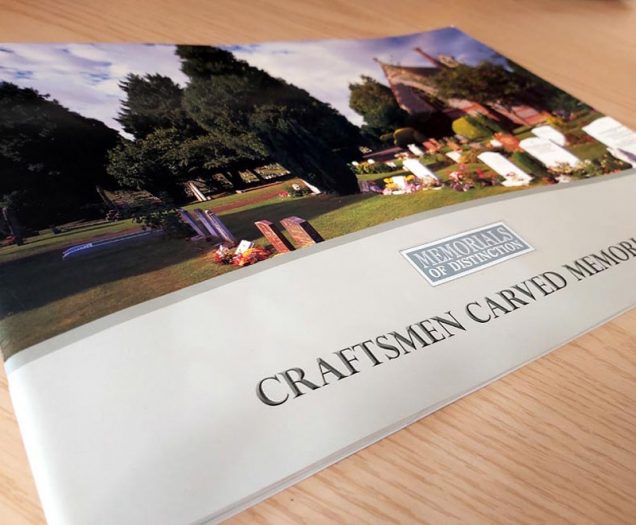A Stonemason Career Guide
Stonemasonry has existed ever since humans began to make and use tools. It, therefore, has a long and noble history with stonemasons responsible for making the world’s most iconic buildings, including the Egyptian Pyramids, Stonehenge, famous temples in Asia like Angkor Wat and Borobudur, plus Greek national treasures like the Acropolis and the Parthenon.
Memorials of Distinction are a long established, family owned stonemasons creating beautiful grave monuments.

The craft has developed over millennia and stonemasons occupy a unique place in the world of industry and trade. They were revered for centuries, which aided motivation and advancement of craftsmanship as stonemasons competed to create the most breath-taking pieces of work. To this day, stonemasons combine the skills of artisans, geologists, builders, engineers and designers to prepare, cut, trim and fix stone for a variety of purposes.
If you are looking for a practical job that requires a high level of attention to detail and a role that allows you to be creative, work as part of a team and keeps you fit and active, then you may be interested in learning more about becoming a stonemason.
This guide has been put together as an educational tool. Many people will have a basic knowledge of what a stonemason is, but it can often seem a distant, closed career choice. We don’t believe that to be the case.
Here you will learn more about the two key types of stonemasonry and other related fields, the skill sets required, and how to enter the industry, plus much more.
We’ve also included some links to essential further reading with extra information and resources we encourage you to read if you would like to learn more.
The three key types of stonemasonry
Banker Masons
These masons are generally based in workshops and cut, carve and shape stone, using a variety of hand and power tools. They work to briefs, from builders or other designers, to make stones the correct size and shape for use elsewhere.
Fixer Masons
Fixers travel to jobs to fit and lay pre-prepared stone or cladding for buildings, following blueprints. They also repair, replace and restore existing stonework. Specialising in fixing often heavy stone permanently onto building structures with mortar or specialist fittings is highly dangerous and skilled work.
Memorial Masons
Memorial masons carve into stone, notably for things like gravestones, headstones, statues, memorial plaques and memorials. They are used by councils and local government, funeral parlours, crematoriums and suchlike to fashion intricate memorial inscriptions.
How to become a stonemason
Stonemasonry is essentially open to anyone and there are no formal requirements to kick-start your career as a stonemason. Qualifications you have, or have not, gained during compulsory education are generally not important. Training colleges will take students with very low GCSE grades and employers value hands-on experience in the building trade far more highly.
For those with no prior experience in the construction field then the option is to take a college course. This will give you an initial grounding in the art and will help in finding work as you go up to the next level.
Popular entry-level courses recognised by the City and Guilds include the Level 1 Award in Stone Masonry Operations, the Level 1 Certificate in Construction and Building, and the Diploma in Preparation for Employment in the Construction Industries.
These are one-year courses available at colleges and further education centres across the country. Students will learn and develop basic skills relevant to working in construction and which will allow them to move onto to higher and more specialised qualifications and apprenticeships.
Some colleges require just two completed GCSEs to enrol in courses like this (grades from A*-E), but it’s also possible to find courses that have no entry requirements other than enthusiasm and commitment.
Students could then take on the following qualifications or, better, work towards them while on an apprenticeship scheme: Level 2 Diploma in Craft Masonry, Level 2/3 (NVQ) Diploma in Stonemasonry (Construction) and Level 2/3 Diploma in Stonemasonry – Banker.
These include units on how to interpret building plans, making/repairing/installing architectural features, cladding and structure, and health and safety.
Those with an interest in working on historical buildings could specialise in this by completing the Level 3 (NVQ) Diploma in Heritage Skills.
It’s a requirement to hold a Construction Skills Certification Scheme (CSCS) card if you are working on a construction site in the UK. This card is proof that you have passed the CITB Health, Safety, and Environment test which proves your occupational competence in health and safety.
Apprenticeship Programs offer the opportunity to gain a wide range of real-world stonemasonry experience onsite, with involvement in the day-to-day running of projects including the likes of masonry consolidation, dressing stone and building stone, as well as many other conservation practices and general routine maintenance of properties.
Those with some prior experience in construction can skip the entry-level qualifications above but it’s always worth checking out apprenticeship requirements before you apply as they do vary.
Apprentices attend college during the apprenticeship for further study to develop their knowledge, understanding and experience, leading to an NVQ Diploma in Stonemasonry. The final year of the apprenticeship consists of onsite training and skills tests.
The easiest way to find an apprenticeship is to use the government’s apprenticeship search tool, search for available opportunities elsewhere on the internet, or talk with a career’s advisor.
Essential skills needed as a stonemason
Being good with your hands is the key skill of any stonemason. You will be using a range of different tools each with their own power levels, on a number of different rocks and materials, each with their own properties. Stonemasonry requires a deft hand, strength and dexterity, excellent co-ordination and a delicate touch.
An artistic eye and a creative mind are important. You will often need to draw complex designs to scale, as well as read, understand and follow accurately technical blueprints and instructions from builders and architects.
You will also want to develop your own style of work. In exactly the same way that if you gave two painters the exact same brushes, paints and canvases and told them to paint the exact same image, the work will be different with distinguishing features unique to each painter. Give two masons the same tools, stone, and brief, and the work will have subtle differences. These are prized and being able to specialise in certain work, with a particular style, is important and will help see you ‘carve’ out a good career.
It’s demanding work so you should be willing to have good physical fitness and strength. Lifting heaving stone and working with large, powerful tools is tiring work. Fixer masons will frequently work outdoors and poor weather is rarely enough to stop a job – scaffolding towers can even be heated these days, so don’t think cold weather means a day off! Similarly, a head for heights is crucial for fixer masons, as is being happy and able to travel for work on a regular basis.
A careful, responsible approach to work and working as a team is necessary. Stonemasons work in dangerous environments with the potential for serious injury and even death if procedures are not followed. Health and safety regulations must be heeded and respected.
You will learn all of these during your training but each work environment will have procedures unique to them. Ignoring or forgetting these could place you or your colleagues in danger, so don’t view them as ‘advice’- they are there for everyone’s protection.
Job Opportunities
While fixer masons, banker masons and memorial masons are the three main types of stonemason, there are a number of other forms of masonry which you can read about below. In many cases, work between the different types can overlap.
Quarryman – a stonemason in the most basic sense of the word. They work in a quarry to extract rough chunks of stone which are then moved on to be refined for use elsewhere. This could be granite, marble, limestone or flint, or for more basic materials commonly used like sand and gravel.
Heavy machinery and even explosives are often used to split sheets of rock in order to get at it. The industry employs 30,000 people across the UK in a huge variety of roles and supports even more indirectly, through the industry’s spending on related services.
There are over 2000 quarries and associated manufacturing sites in the UK, as well as marine wharves and recycling operations. Careers in Quarrying has an extensive career map to jobs in this sector for school leavers, post-college students, graduates and those considering a career change.
Sawyer mason – like banker masons, sawyers take rough chunks of stone and refine them to meet required shapes. Generally, they will deal with larger chunks than banker masons, using diamond-tipped tools.
Often working in quarries and in flooring and tile shops, they will have the skills to determine where stones will cleave by examining grain patterns; know how to remove smaller pieces from large masses; be able to carve precise outlines; drill holes into them; and use chisels to fashion the thinner sheets used to make floors and tops in kitchens, as an example.
Carver mason – in demand for their artistic abilities, carver masons are employed to create patterns and designs on or from stones. This could be stone sculptures like animals, figures or other similar projects. Throughout time, carver masons have been renowned for their skills.
How much does a stonemason make
Excuse the pun, but salaries are not set in stone. There are a number of variables which impact on how much stonemasons earn.
Those completing a stonemason apprenticeship earn a moderate wage up to £8,300 per annum. Once qualified that can be expected to rise to a basic salary of £20,000 and experienced stonemasons earn from £21,000-£38,500. The UK average for stonemasons is £24,619, or £27,560, depending on what source you read. That compares to a national salary average of £27,000.
However, as a general rule, more experience doesn’t necessarily translate as the ability to earn more money. Who you work for, location, and hours all mean stonemasons can earn different amounts even for the same job.
Stonemasons in the North West and South East earn more than their counterparts in other areas of the UK and larger companies will pay less than self-employed masons can earn per contract. But, while self-employed masons can command bigger fees, they are not guaranteed work throughout the year, unlike those employed by businesses full-time.
Working overtime for a company also provides a way of increasing income. More up the ladder and senior stonemasons like head banker masons can realistically earn £40,000 a year.
All figures are guidelines only. The problem with average salary figures is that it takes into account full-time and part-time workers and uses salary estimations on self-employed workers of all masonry types. As such, we recommend you do some research of your own by checking out live job postings.
Masons usually work around 39 hours a week with occasional overtime. These are regular 9-5-style hours but deadlines could mean occasionally working more. Self-employed masons could choose to work different hours to get jobs completed as soon as possible.
Working Life
Individuals hire stonemasons for masonry on their private properties or for the building of new homes. Cathedrals, castles and nationwide organisations like the National Trust regularly employ stonemasons for projects. Stonemasons are also hired by construction companies which will contract them to specific developments.
Fixer masons could be setting marble in a hotel in Scotland one day and then heading to London to set limestone for a construction job a day later. For fixers, being flexible is key. You will often be working to tight deadlines and as part of a process. The next job cannot be completed until you have done your part so being quick and competent is crucial to avoid slowing down projects. As mentioned previously, outdoor work is common, as is working at high heights.
Banker masons will usually be based in a workshop or working at a quarry. You will be using heavy machinery, drills, and water cutting machines, in an environment with constant noise and dust. You will use protective equipment, such as safety boots, ear defenders, and goggles.
Self-employed masons will have their own workshops and tools, and will have to actively advertise, look and compete for jobs with others.
Career Progression
Construction in the UK is forecast to need one million more people by 2020, and those in the business have long warned of a skills shortage in the sector.
Hungry, passionate and skilled people are in demand and experienced stonemasons can put their skills to good use.
Larger companies will look to promote masons they know well. You could progress up the ladder to supervisory roles, managing a team of masons, or right the way up to site supervisor or clerk of works where you would be responsible for the whole site.
Masons can work in related fields like becoming a construction manager responsible for planning, coordinating, budgeting, and supervising whole building projects from development to completion.
Likewise, masons can move into building estimating where you would quantify the materials, labour, and equipment needed to complete a project. Building estimating is diverse and could mean anything from big restoration works to the construction of large residential properties to civil engineering works. With a construction boom across major cities in the UK, not to mention huge restoration projects costing over £5.5 billion being touted, these are a few examples of the fantastic career opportunities that exist for masons.
It’s also not uncommon to see masons give up their work and, with further training, return to colleges or training centres to teach the next generation, depending on aptitude and ambitions.
Further resources
- Search for a stonemason apprenticeship
- Colleges offering stonemasonry courses
- National Careers Service – becoming a stonemason
- Stonemason – Job information and overview
- City and Guilds – Stonemasonry
- See some current stonemason vacancies across the UK
Take a look at the different areas we cover across the UK for cremation headstones in London, Bedfordshire, and Hertfordshire.
TESTIMONIALS
I have been sent a photo of my son/husbands headstone that has been put on earlier today. I would just like to say thank you so much. It is more beautiful than I expected and we are so pleased with it. Everyone has been so helpful and professional. Thank you so much.
Kim W. Sent by email: 09/10/2019
May I take the opportunity to commend all those involved for their excellent workmanship in producing a beautiful memorial. I also wish to thank those involved for their guidance, advice and tolerance. With all my thanks.
David O. Sent by email: 05/09/2019
I just wanted to offer my thanks to you all for the lovely work that went into the memorial stone I ordered for my parents, it looks so much better than I ever thought it could. The whole process was made so easy for me, both in written and telephone correspondence. Please relay my thanks to everyone. I am very, very pleased and will definitely be recommending Memorials of Distinction in the future.
Jacqueline O Sent by email: 18/03/2019




